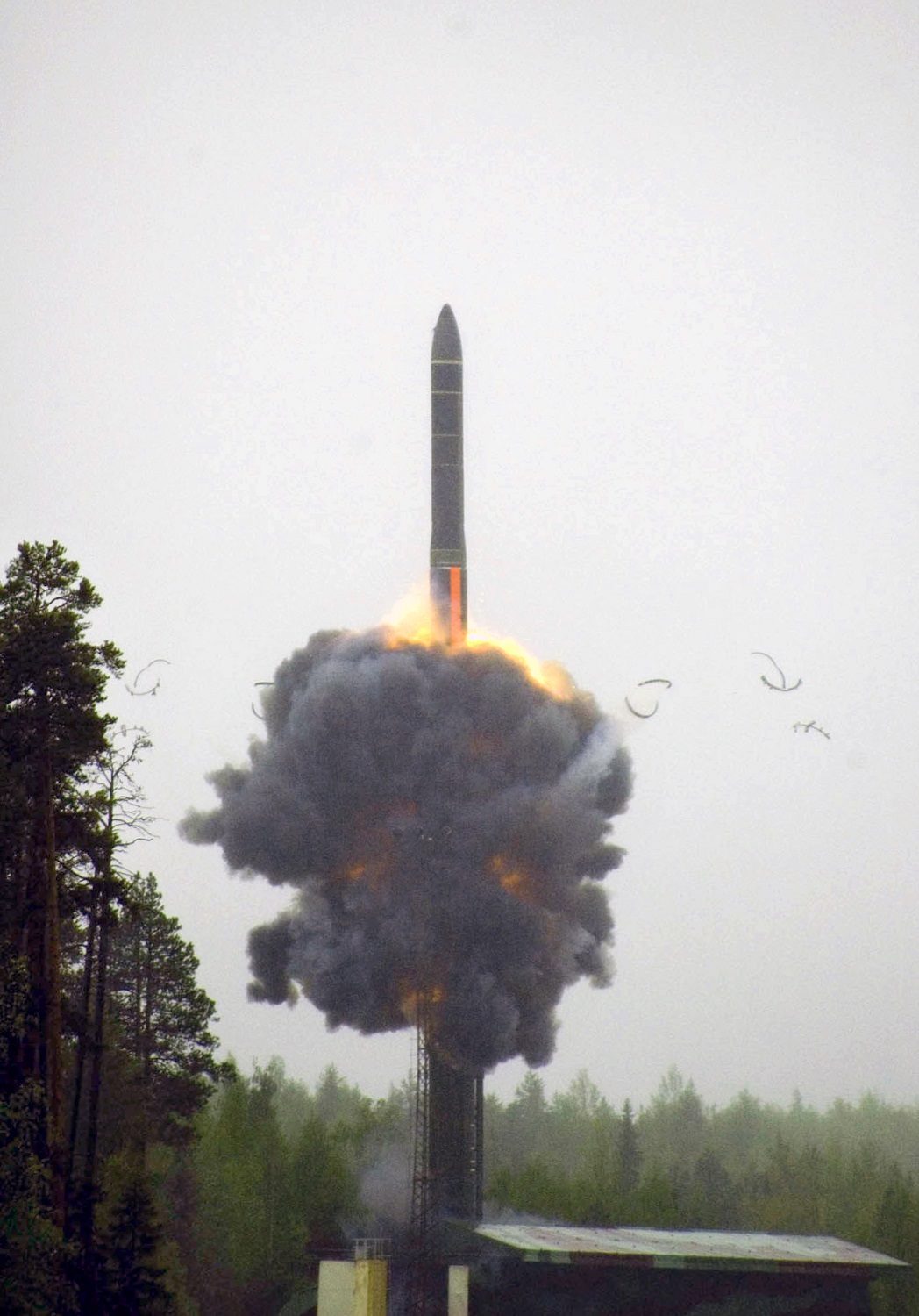ID :
463313
Wed, 09/27/2017 - 11:50
Auther :
Shortlink :
https://oananews.org//node/463313
The shortlink copeid
Senior Russian diplomat calls nuclear arms prohibition treaty "mistake"

UN, September 27. /TASS/. The Treaty on the Prohibition of Nuclear Weapons, opened for signing on September 20, is a mistake that creates a serious threat to the non-proliferation regime, Russia’s deputy UN envoy said on Tuesday.
Commenting on criticism of nuclear powers and other states that abstained from discussions on the treaty, the Russian diplomat said those nations had "quite solid reasons to do so."
He said that although Moscow respects "the views of those who advocate prompt nuclear disarmament," the discussions at this stage should focus on "how to lay down paths toward this goal and when to totally ban nuclear arms."
The deputy Russian envoy said at a meeting on the occasion of the International Day for the Total Elimination of Nuclear Weapons that designing a "legally binding instrument on this issue could be required at the final stage of a multilateral process of nuclear disarmament in order to guarantee its irreversibility."
Right now, this effort is absolutely premature," he said, citing the preamble to the Nuclear Non-Proliferation Treaty (NPT), which states that "the liquidation of all existing stockpiles, and the elimination from national arsenals of nuclear weapons and the means of their delivery pursuant to a Treaty on general and complete disarmament under strict and effective international control."
"In past decades, those provisions seem to be nearly forgotten, although those are legally binding international obligations for all members of the NPT treaty participants," Safronkov said.
"Against this background, we think that elaboration of the Treaty on the Prohibition of Nuclear Weapons was a mistake. The document was drafted hastily and contradicts agreements, reached under the NPT framework. We think that provisions of the new treaty create serious risks for the existing system of nuclear non-proliferation and provoke growing estrangement among members of the international community," the diplomat added.
He said that the negotiation process "de-facto ignored the strategic context," while discussions on the issue of total nuclear disarmament were "out of sync with the present-day reality."
In addition, the treaty’s wording was approved through a vote, not on the basis of a consensus that takes into account the stance of nuclear powers and other states "which consider such radical steps premature."
"The opinion of those numerous states was, in fact, ignored," he said.
According to the Russian deputy UN envoy, Russia has no objections to adopting a legally binding nuclear arms prohibition treaty when nuclear disarmament enters its final stage.
"Right now the international community needs to concentrate on creating favorable atmosphere for making further progress toward nuclear disarmament," the Russian diplomat said, adding that this initiative would require "focused and complex effort to strengthen international stability on the basis of an equal and indivisible security for all states without exception."
The treaty was approved on July 7 at the talks that major nuclear powers (Russia, the United Kingdom, the United States, China and France) skipped. Under the treaty, the parties will be obliged "never under any circumstances to develop, test, produce, manufacture, otherwise acquire, possess or stockpile nuclear weapons or other nuclear explosive devices." Non-nuclear signatory states are prohibited to deploy in their national territories the nuclear weapons of third countries.
The document will come into force 90 days after 50 states join it.
Two hours later after the document had been passed, the UK, US and France released a joint statement vowing they would never become party to the treaty. Meanwhile, the Russian Foreign Ministry said that Moscow would not ratify the deal as it runs counter to the country’s national interests.
Read more





